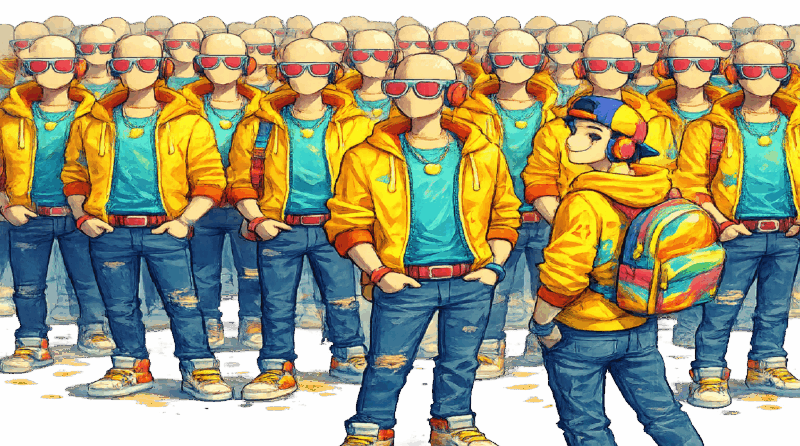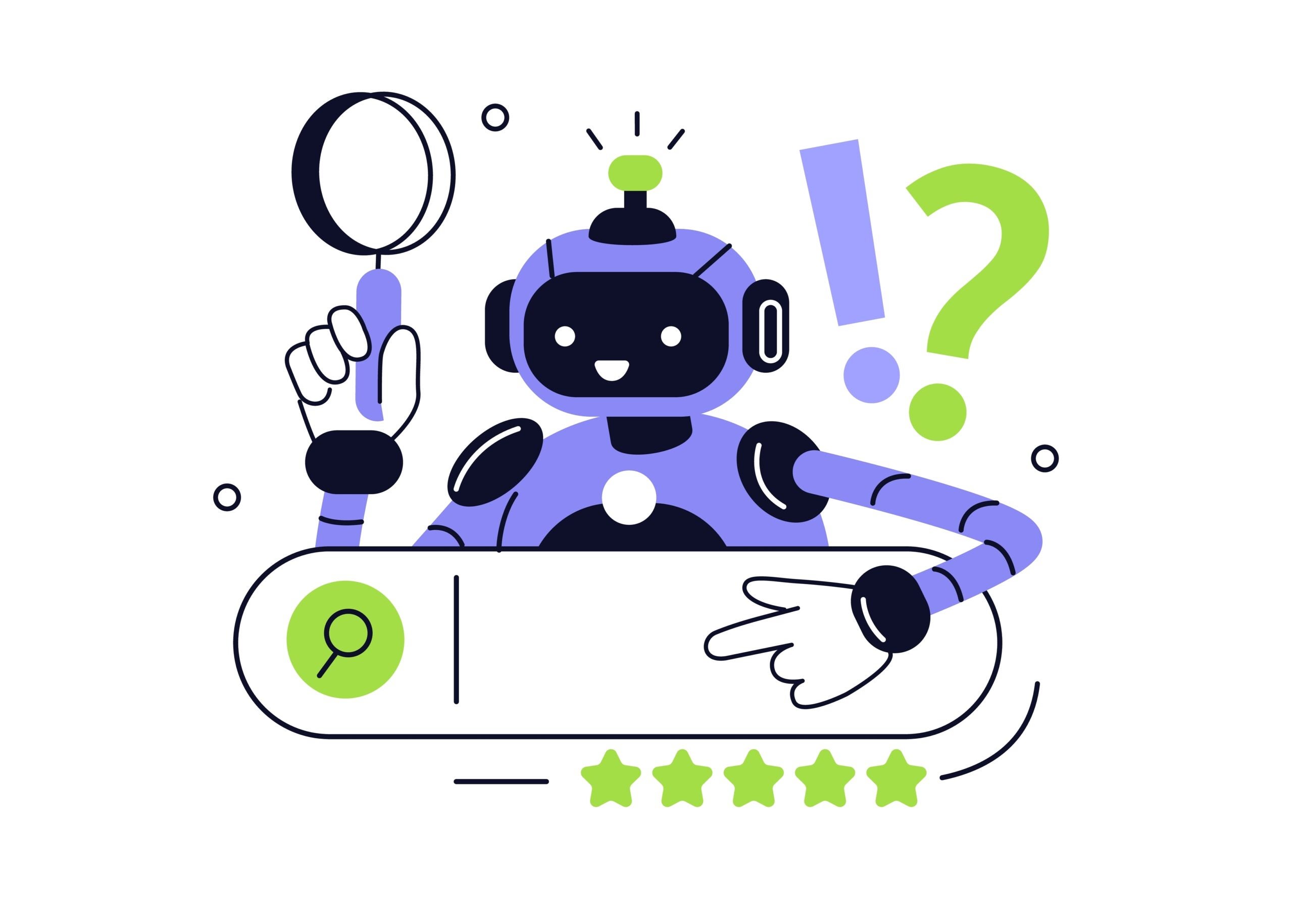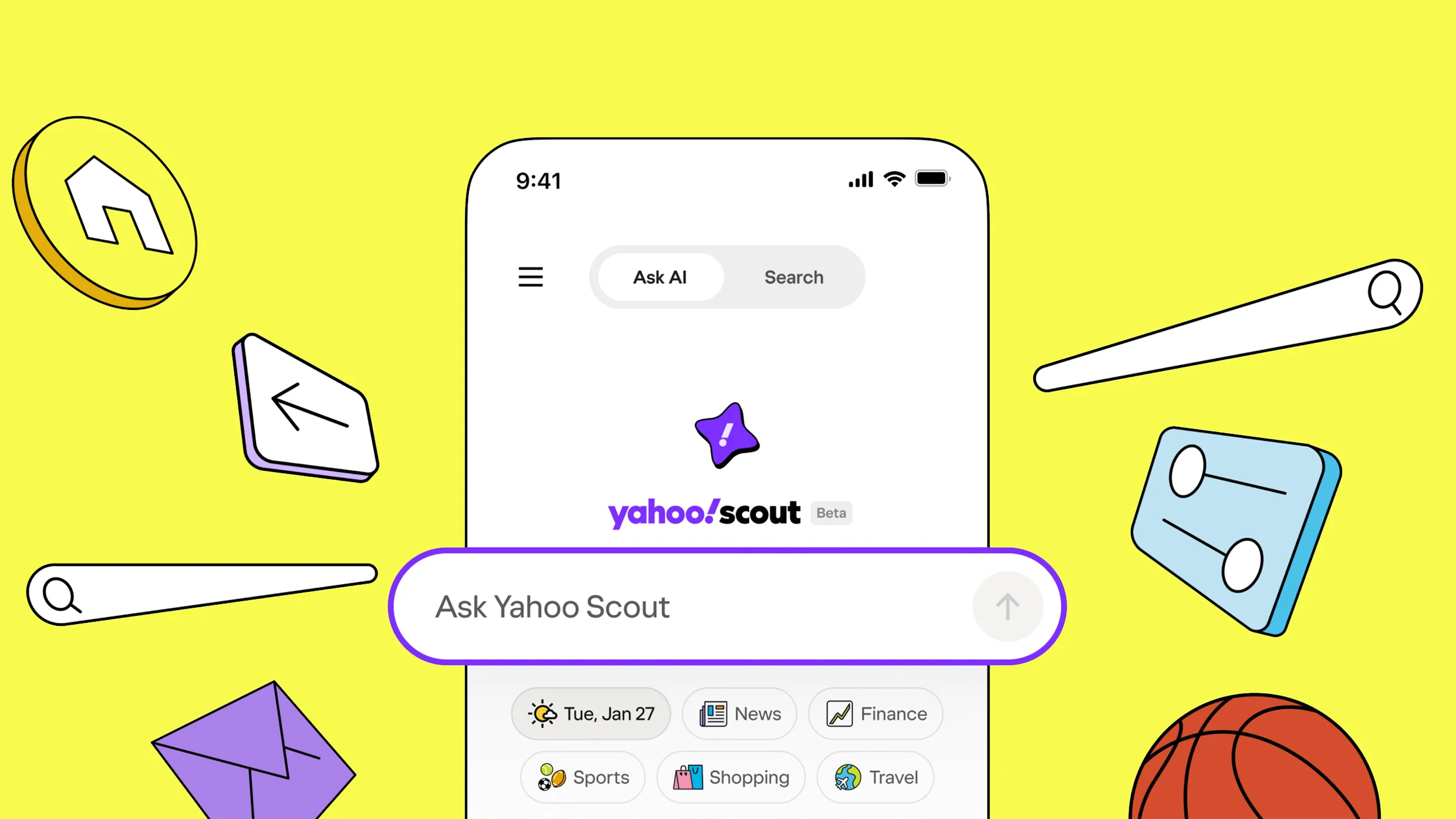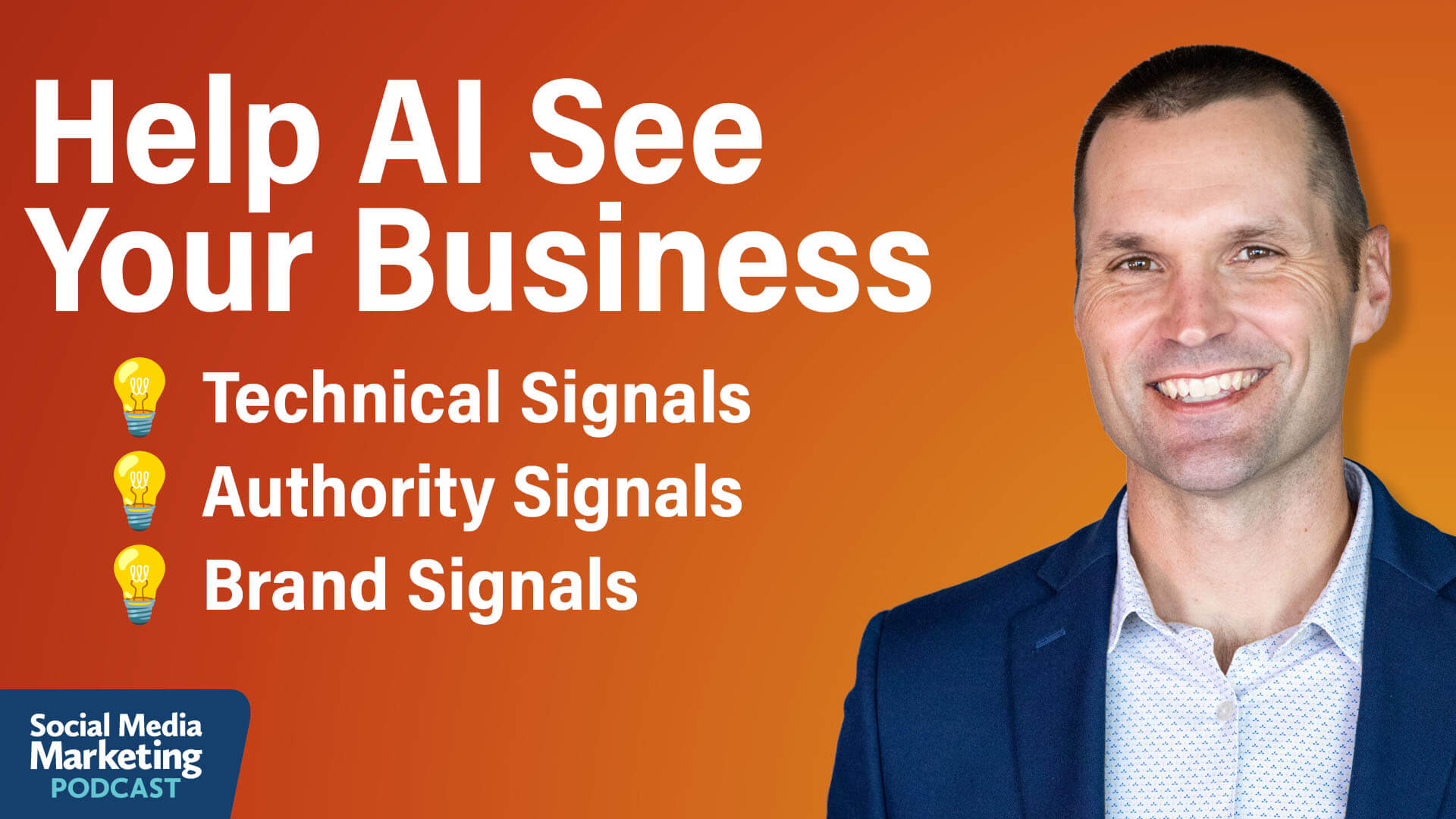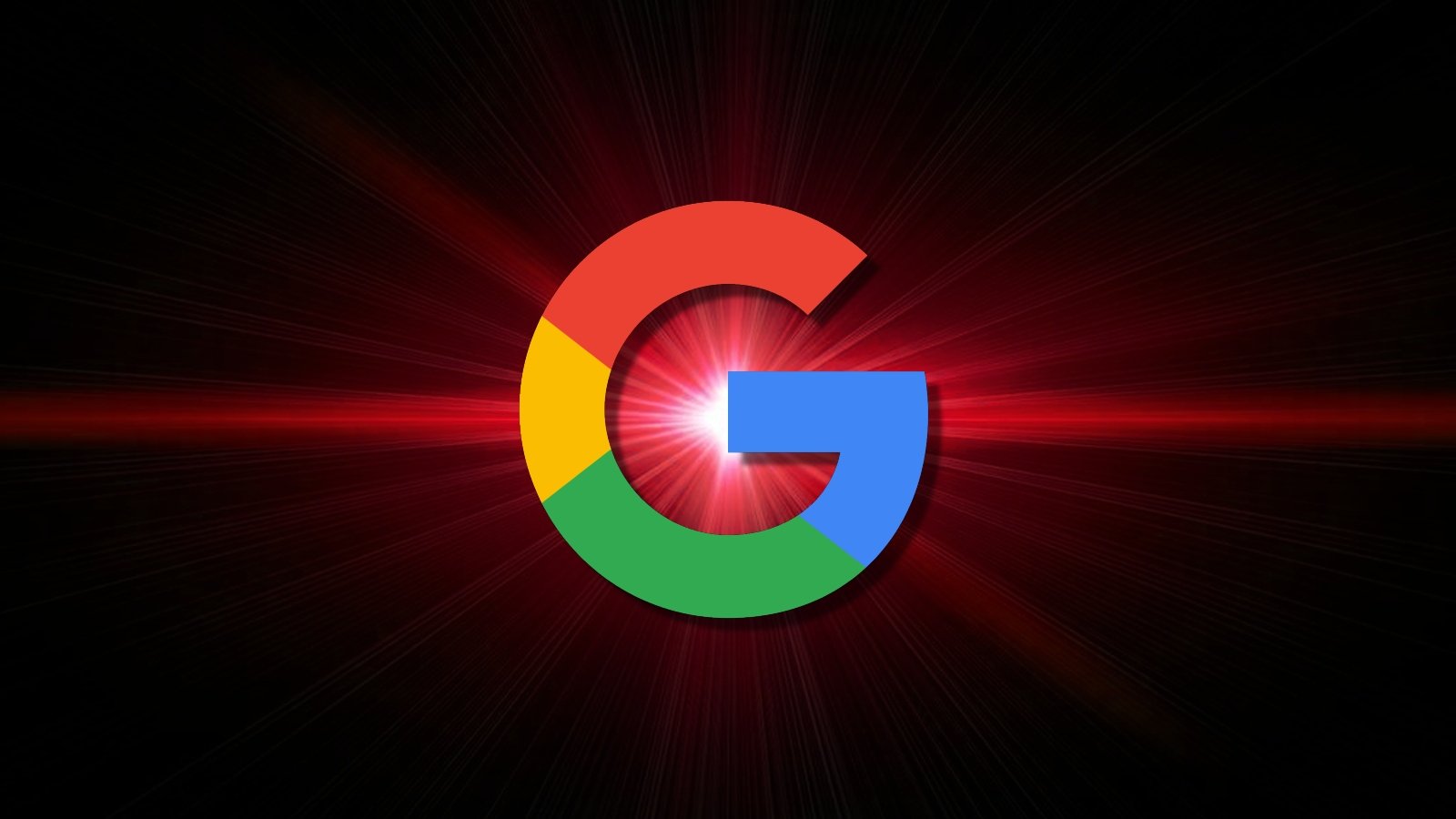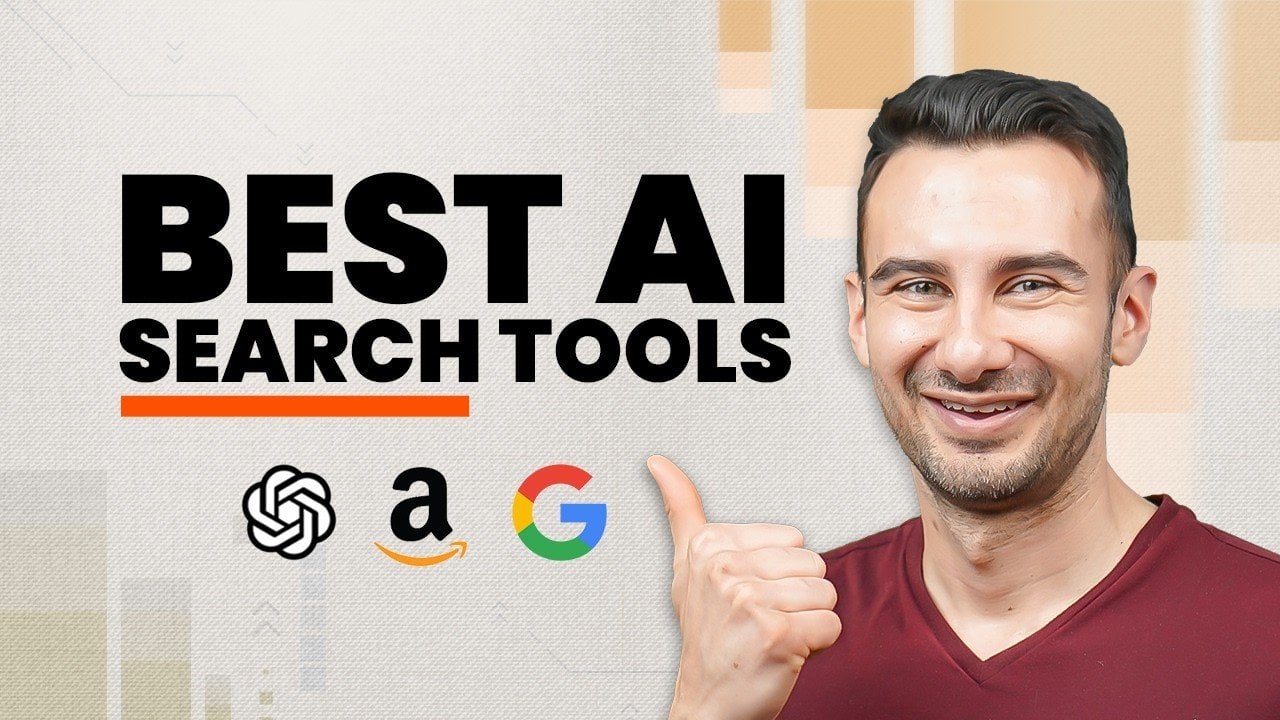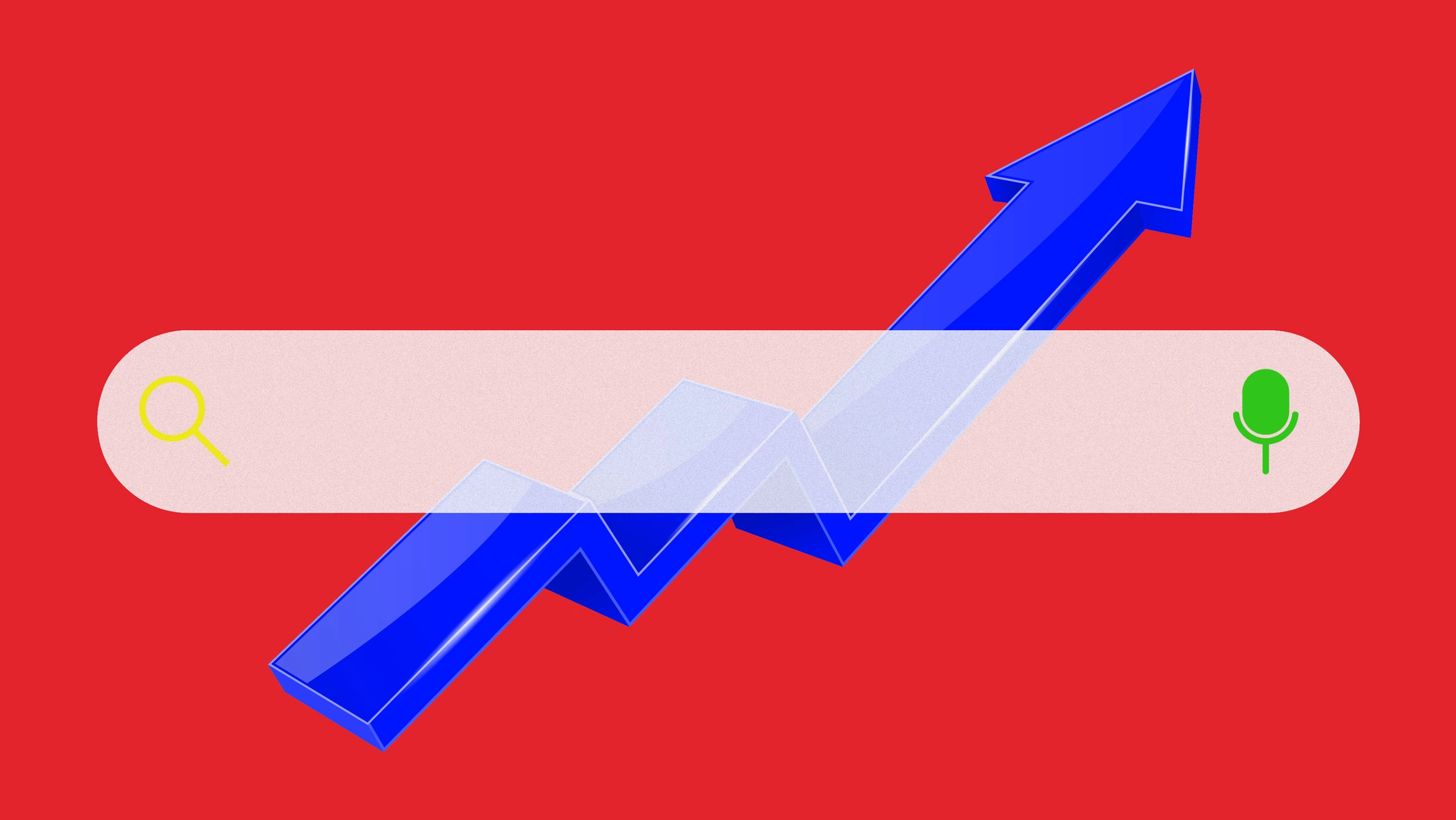#ai-search
#ai-search
[ follow ]
#seo #content-strategy #generative-ai #geo #aeo #google-search #google-ads #yahoo-scout #publisher-traffic
Marketing tech
fromLondon Business News | Londonlovesbusiness.com
18 hours agoHow London businesses can stay visible when AI changes the rules of search - London Business News | Londonlovesbusiness.com
London businesses must optimise for appearing in AI-generated answers by ensuring clear information, demonstrated expertise, and strong brand signals across the web.
fromMarTech
1 week agoWhy AI visibility is now a C-suite mandate | MarTech
AI is no longer just influencing search results. It is replacing the website as the first - and often only - customer touchpoint. Platforms like ChatGPT, Perplexity and Google's AI experiences now synthesize answers instead of returning ranked links. As discovery shifts from clicks to conversations, visibility becomes probabilistic, zero-click and increasingly detached from traditional SEO metrics - forcing a new set of risks and responsibilities onto the C-suite.
Artificial intelligence
Marketing tech
fromAdExchanger
3 weeks agoPartnerize Wants To Reimagine Affiliate Attribution - And It Doesn't Involve Clicks | AdExchanger
Publishers must replace last-click attribution with AI-aware attribution that analyzes multi-source signals and LLM citations to fairly value content driving conversions.
fromSearch Engine Roundtable
1 month agoBing: Similar Pages Blur Signals & Weaken SEO & AI Visibility
AI search builds on the same signals that support traditional SEO, but adds additional layers, especially in satisfying intent. Many LLMs rely on data grounded in the Bing index or other search indexes, and they evaluate not only how content is indexed but how clearly each page satisfies the intent behind a query. When several pages repeat the same information, those intent signals become harder for AI systems to interpret, reducing the likelihood that the correct version will be selected or summarized.
Artificial intelligence
fromZDNET
1 month agoFirefox just fixed my biggest annoyance with web browsers - and others should copy ASAP
I tend to use different search engines for different purposes. For example, when I want better privacy, I use DuckDuckGo. When shopping, I might use Amazon, and if I need AI, I might opt for Perplexity. In other words, multiple configured search engines are necessary. For most browsers, you configure individual search engines. Some browsers even allow you to configure a search engine such that it'll be used by first typing a keyword in the address bar (such as duck for DuckDuckGo).
Gadgets
fromDigiday
1 month agoWTF is AI citation tracking?
It's increasingly important for publishers to understand when, how and why their content is being used as a source inside AI tools and platforms (often without attribution or traffic). The search landscape has changed exponentially this year, as more people turn to AI tools and platforms like ChatGPT to get information. And though referral traffic from AI platforms is still minuscule, many publishers are starting to track where they are cited in AI-generated responses to users' queries.
Marketing tech
Business intelligence
fromAdExchanger
1 month agoWPP Raises Its Ad Growth Forecast Thanks To The AI Boom - But That Doesn't Mean It Will Last | AdExchanger
WPP increased its 2025 global ad-spend forecast to 8.8% growth, driven by easing tariffs and AI-fueled growth in its intelligence (search) segment.
fromTech Times
2 months agoAI Search Engines vs. Traditional Search: 2025 Comparison & What's Driving the Winners
Unlike earlier search engines that primarily matched strings of text, AI search engines interpret the meaning behind the query, allowing for more accurate and relevant results. Examples of AI search engines include Google's recent AI integrations , Microsoft Bing's AI enhancements, and specialized platforms employing AI to tailor search results based on user behavior and preferences. These engines dynamically learn and improve their algorithms to respond more intelligently over time, a capability traditional search lacks.
Artificial intelligence
fromwww.computer.org
2 months agoThe Myth of AI Neutrality in Search Algorithms
There is a persistent myth of objectivity around AI, perhaps because people assume that once the systems are deployed, they can function without any human intervention. In reality, developers constantly tweak and refine algorithms with subjective decisions about which results are more relevant or appropriate. Moreover, the immense corpus of data that machine learning models train on can also be polluted.
Artificial intelligence
fromBusiness Insider
2 months agoBeyond Google: Your guide to the new era of search and the best tools to use
It's never been easier to ditch Google search. Just ask Mohamed Mura, a 37-year-old professional based in London, who began pulling back from the search engine during the pandemic. Instead of typing into Google, he turned to TikTok for questions like "how to change a watch band." With the launch of ChatGPT in 2022, Mura's Google usage dropped further. He said the AI chatbot felt like a "second brain or agent" he could bounce ideas off of.
Tech industry
fromwww.mercurynews.com
2 months agoAdobe nearing $1.9 billion deal to buy Semrush, WSJ reports
Adobe Inc. is nearing a deal to buy the marketing software company Semrush Holdings Inc. for $1.9 billion, the Wall Street Journal reported, a takeover that would mark its first since the failed $20 billion acquisition of Figma Inc. in 2022. Adobe is set to pay $12 a share for Semrush, which had a market value of a little over $1 billion as of Tuesday, the Journal reported, citing people familiar with the matter. Semrush shares surged 71% in premarket trading to $11.55.
Marketing tech
fromAdExchanger
2 months agoAI Search Tools Face Monetization Crunch; And So Does Kids Content | AdExchanger
Apparently, the new it product for agencies is to offer tools and services that help brands understand how they appear in "zero-click" AI-driven search. These tools are hard to resist. What brand doesn't want to know what LLMs are saying about it? For example, many brands who signed up for one such tool, called Lorelight, were looking to improve how they rank and are described by AI search engines. "They basically wanted a secret hack that would suddenly allow them to rank in ChatGPT,"
Marketing tech
Media industry
fromExchangewire
2 months agoPublishers Accelerate Video Growth Amid AI Search Disruption: Vertical Video & Creator Syndication Drive Record Revenue Gains
Top publishers increased monetised video by 50% in H1 2025, shifting to vertical, multilingual, and creator-syndicated content to capitalise on AI Search-driven distribution.
fromThe Drum
2 months agoAI is stealing search traffic: here's how publishers can fight back
It's been accepted wisdom that traditional publishers play a pivotal role in the digital media landscape, with standout editorial content serving as a rich source of premium inventory for advertisers. But that view is increasingly being challenged by the growing impact of AI search, whether it's Perplexity, ChatGPT, or Google AI Overviews. Only last month, Google expanded AI mode to more than 40 new countries and 35 new languages.
Artificial intelligence
Artificial intelligence
fromForbes
2 months agoSmall Business Technology Roundup: Google's AI Is Changing Paid Search, Is ChatGPT Atlas Better Than Chrome?
AI search overviews are reducing paid search click-through rates and pushing advertisers to increase visibility and bids to capture fewer, higher-quality clicks.
fromNo Film School
2 months agoSnapchat Adds AI Search, Focuses on Winning Creators
Are you still using Snapchat? It's the social media app that keeps on kicking, to the tune of more than 900 million monthly active users. Today, Perplexity.AI and Snap announced that the AI company will power AI search on Snapchat. This $400 million partnership means the AI startup will integrate its conversational AI answer engine in the Snapchat app, starting in early 2026.
Artificial intelligence
Artificial intelligence
fromBusiness Insider
2 months agoActivate's CEO breaks down the state of AI search and spatial computing in his annual slide deck - take a look
AI search will expand via licensing and third-party integrations with rising GEO firms, while AI-powered spatial computing (smart glasses and VR) advances with Apple and Meta investments.
fromMarTech
3 months agoWhat ChatGPT says about your brand - and why it matters | MarTech
Few technologies have reshaped consumer behavior as quickly as ChatGPT. Launched in November 2022, the conversational AI tool gained 100 million users within two months. It now engages more than 190 million people daily, processing more than 2 billion queries. OpenAI has released more than 20 updates to expand its capabilities, transforming ChatGPT into a dynamic platform that generates articles, code, images, videos and more.
Marketing
[ Load more ]






